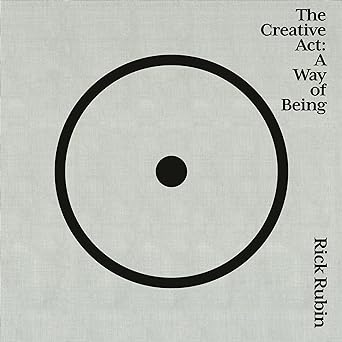Work in UX for longer than a minute, and you’ll hear “You are not your User”. I don’t believe I’ve ever seen or worked with a UXer who doesn’t hold this as the First Commandment of User Experience. For those of you who aren’t familiar with this tenet, at its core it’s a way to remove ourselves and our biases from trying to find things that work for us, instead of what the customer needs to fulfill a task or process within the software that we’re building for them.
I find it interesting though, when I see a lot of first-time managers, especially those who have come up through the traditional career path of IC –> Lead –> Manager how quickly they forget that they are not the people they’re working with and who are reporting to them now. What worked for you as an individual contributor is not the only way to get the best out of your direct reports, who sometimes used to be your peers.
In other words, Managers – You are NOT your direct reports.
It’s hard enough transitioning to management without adding this burden. Your unique path through the structure your organization has set up is just that, unique. Even if everyone is following the career pathing that is set up within the organization, how you do things can vary greatly to get to the end result of building software.
I’ve seen so many Lead Designers whose personalities and ways of working were all different ways to get to the same artifacts and outcomes at the end of the day. Now, I’m not saying that they were all lone wolves, doing whatever they wanted to do to get the work done by any means necessary. Each had figured out what worked for them while maintaining the frameworks that we all had to use to get the job done, including within their mentoring of greener UXers what it is that they need to become better and stronger at their craft.
And yet, they move into a people manager role, and I see that they become more rigid in their thinking, not actively listening to their reports and their needs. Why is that? Moving into people management is not easy, and sometimes you aren’t even aware if it’s something for you until you’re in it, that’s true. But, I can see that these folks will be amazing managers, but they have to get out of their own vision of what that path to where they are now looked like, and try to stick everyone into that mold.
When you were an IC, taking all that information in and figuring out what would be best for your users, now your direct reports are all different people with both commonalities and differences. What brings them joy, and what they hate to do will more than likely be at least a little different from what you loved and hated to do when you were in their position. Your job as their manager and leader is to provide them with the tools to do their best work at the moment, along with figuring out how to find and give them the opportunities to figure out what’s next in their career.
What to do about it? I have a few ideas to help you out if you see that it’s an issue, but you’re not sure where to start. I think you’ll see the theme.
- Practice Active Listening. Figure out not only what it is that they’re saying, but also what are the ways that they are showing you how they do things differently but still end up with the quality of work that you expect from them.
- Find your Rules. There are always going to be rules and processes that are non-negotiable, either because of something that you believe in so strongly, or the company requires, and make sure that those things are clearly and loudly relayed to the entire team. But make sure that these are actual rules and not just “comfortable traditions” that you’ve accepted as a rule. If they are comfortable traditions, review them and see how far you can either disregard or shift that exception to your team’s advantage.
- Make Exceptions. Speaking of shifting or disregarding those comfortable traditions that no longer (or ever did) serve your team, remember that not everyone is the same. Make exceptions from what you did for those folks who are doing well, but different from what you would do.

Are those three things going to magically transform you and your team? Nothing is overnight, but keep in mind that there are so many things in common between you and your team that the differences should be negligible. Just because someone likes to do things in a slightly different way doesn’t make one way right or wrong, if you’re still getting what you need at the end of the day. These are things that helped me, coming in from a non-traditional Design background which I found helped me out. To quote Rick Rubin in his book, The Creative Act, remember to “Avoid getting religious about it.” There are so few things that can’t be done just a little differently with the same outcome, don’t let something that’s a comfortable tradition for you get in the way of being the best leader for your team.





